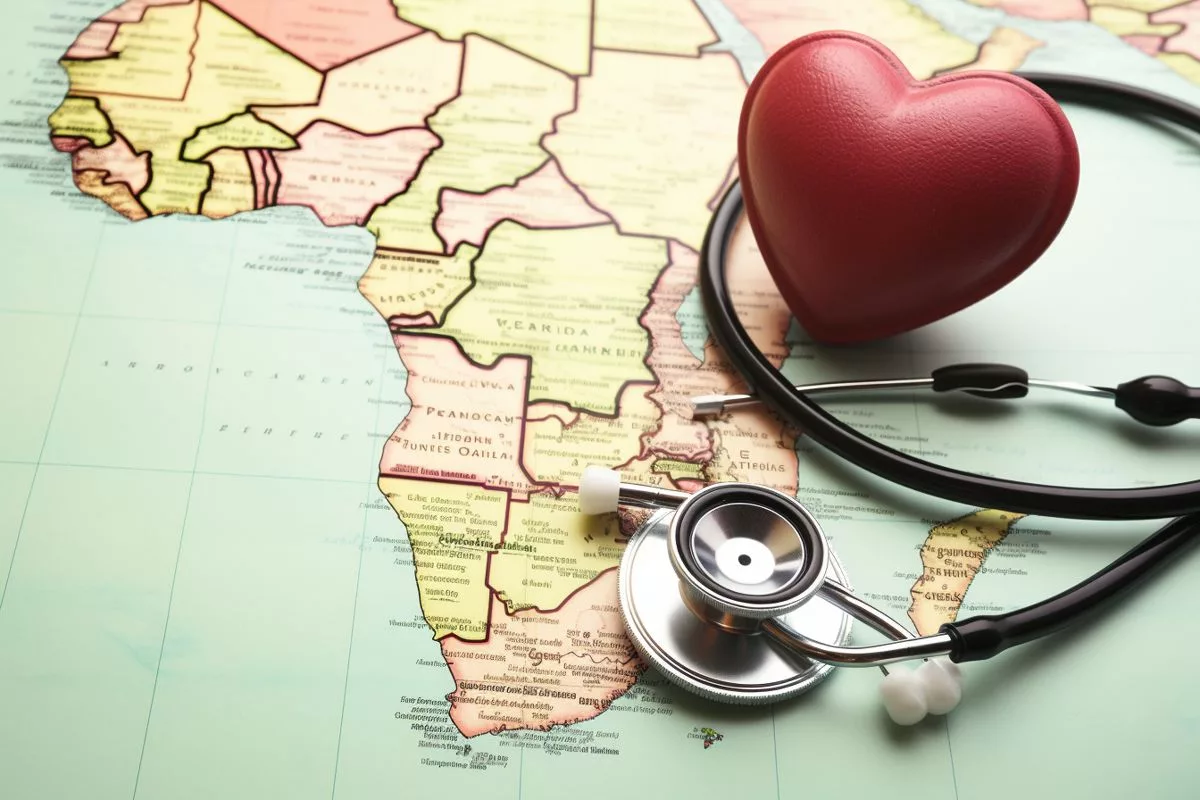Antimicrobial resistance is a significant global health issue that can make infections more difficult to cure and medical procedures riskier. Antibiotics play a crucial role in treating bacterial infections, but their misuse and overuse have led to a significant increase in antibiotic resistance. Simple steps such as regular handwashing, completing the full course of antibiotics, ongoing treatment for chronic conditions, and refraining from insisting on antibiotics for viral infections can make a significant difference in curbing antimicrobial resistance. Everyone has a role to play in preventing antimicrobial resistance, and a coordinated global response is necessary to safeguard the efficacy of antimicrobials.
Simple Steps to Combat Antimicrobial Resistance
Regular handwashing, completing the full course of antibiotics, ongoing treatment for chronic conditions, and refraining from insisting on antibiotics for viral infections can make a significant difference in curbing antimicrobial resistance. Vaccination also serves as an essential preventive measure to reduce the demand for antibiotics.
Addressing a Global Health Concern
In the middle of November, one week is earmarked to highlight a significant global health issue – Antimicrobial resistance. World Antimicrobial Awareness Week, observed from the 18th to the 24th, brings attention to a problem that often doesn’t get the discussion it deserves but is paramount. The Gauteng Department of Health (GDoH), the health care institution for the most populous region in South Africa, advocates for public participation and action to handle this matter.
The World Health Organisation (WHO) identifies antimicrobial resistance as a leading threat to worldwide health and progress. This unseen adversary makes infections more difficult to cure and renders medical processes, like surgeries, more precarious. Consequently, this problem does not solely concern the healthcare sector but infiltrates various sectors of society, impacting people’s lives in ways that may not be immediately apparent.
Bacterial infections that were once easily controlled with antibiotics are becoming harder to treat. Instances of urinary tract infections, Tuberculosis, wound infections, sepsis, pneumonia and sexually transmitted infections becoming increasingly resistant to antibiotics are more common than you might think. The main catalyst for this concerning trend is the inappropriate and excessive use of antibiotics.
The Essential Role of Antibiotics
Antibiotics play a pivotal part in managing bacterial infections, lowering disease severity and preventing death. However, the widespread use of antibiotics without sufficient knowledge and understanding has resulted in a notable increase in antibiotic resistance. This resistance endangers the very core of these life-preserving medicines.
Misuse is often seen when individuals use antibiotics to treat viral infections like the flu, sinusitis, viral pharyngitis and bronchitis. Antibiotics are engineered to combat bacterial infections, not viral ones. Moreover, not adhering to the full course of antibiotics when treating bacterial infections contributes to the resistance issue.
The GDoH urges the public to actively participate in alleviating the antimicrobial resistance problem. Vaccination serves as a crucial preventive measure to stave off viral infections like measles, mumps and tetanus, among others. It strengthens the immune system, thereby reducing the demand for antibiotics.
Simple Steps Towards a Solution
Simple practices can make a significant difference in curbing antimicrobial resistance. These include regular handwashing to prevent bacterial infections, sticking to the full course of antibiotics when recommended, ongoing treatment for chronic conditions like HIV and Tuberculosis to prevent resistance, and refraining from insisting on antibiotics when diagnosed with viral infections.
The theme for World Antimicrobial Awareness Week 2023, “Preventing antimicrobial resistance together,” underscores the need for coordinated action, cutting across sectors and industries to safeguard the efficacy of antimicrobials.
This week calls for a global response. Everyone has a role to play, not just doctors and healthcare providers. Simple actions like completing the prescribed course of antibiotics, getting vaccinated, and maintaining personal hygiene can help to stall the advancement of antimicrobial resistance.
The Road Ahead
As we navigate the complexities of the 21st century, encountering numerous health challenges, we must ensure that we use antimicrobials judiciously to protect future generations. The Gauteng Department of Health stands as a beacon of information and guidance in this endeavor, urging us all to do our part in preventing antimicrobial resistance.
Throughout the week, the GDoH will disseminate information and resources to help boost awareness and comprehension about antimicrobial resistance. This crucial knowledge empowers us to make responsible decisions about our health and the health of those around us, safeguarding the effectiveness of antimicrobials for the generations to come.
As we commemorate World Antimicrobial Awareness Week, let’s keep in mind that prevention is better than cure, and our actions today can significantly influence the future of global health. Let’s unite to confront this common threat and harness the power of collective action to maintain the effectiveness of antimicrobials now and in the future.
1. What is antimicrobial resistance?
Antimicrobial resistance is a significant global health issue that occurs when microorganisms such as bacteria, viruses, fungi, and parasites that cause infections become resistant to antimicrobial drugs like antibiotics, antivirals, and antifungals, making it difficult to treat infections.
2. What causes antimicrobial resistance?
The misuse and overuse of antimicrobial drugs like antibiotics are the primary causes of antimicrobial resistance. When these drugs are not used correctly, microorganisms can develop resistance to them, making them less effective in treating infections.
3. What are simple steps to combat antimicrobial resistance?
Simple steps to combat antimicrobial resistance include regular handwashing, completing the full course of antibiotics, ongoing treatment for chronic conditions like HIV and Tuberculosis, refraining from insisting on antibiotics for viral infections, and vaccination to reduce the demand for antibiotics.
4. What role do antibiotics play in managing bacterial infections?
Antibiotics play a crucial role in managing bacterial infections, lowering disease severity, and preventing death. However, the misuse and overuse of antibiotics have led to a significant increase in antibiotic resistance, endangering the effectiveness of these life-preserving medicines.
5. Why is a coordinated global response necessary to safeguard the efficacy of antimicrobials?
Antimicrobial resistance is a global issue that affects people in various sectors of society, making it necessary to tackle the issue through a coordinated global response. A coordinated response would involve cutting across sectors and industries to safeguard the efficacy of antimicrobials and prevent the advancement of antimicrobial resistance.
6. What is the Gauteng Department of Health doing to combat antimicrobial resistance?
The Gauteng Department of Health is advocating for public participation and action to handle the antimicrobial resistance problem. The department disseminates information and resources to help boost awareness and comprehension about antimicrobial resistance. The department urges the public to take simple steps like completing the prescribed course of antibiotics, getting vaccinated, and maintaining personal hygiene to prevent the advancement of antimicrobial resistance.








